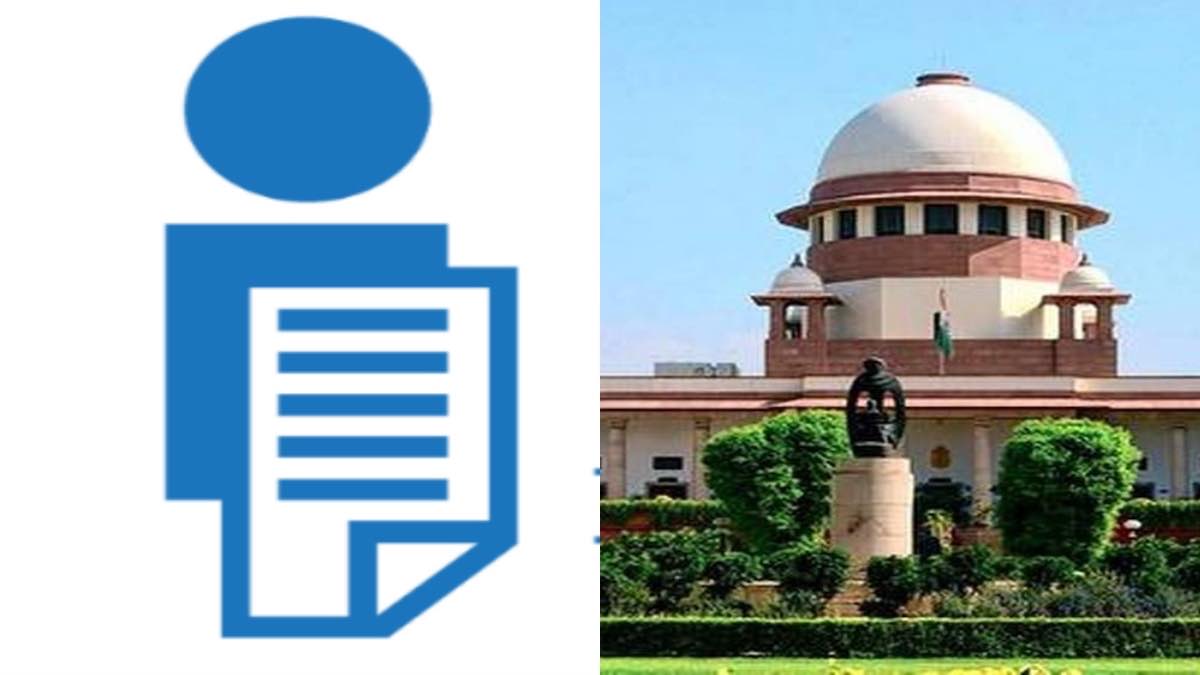The Supreme Court has directed the Central Information Commission and the State Information Commissions to ensure proper implementation of provisions of the Right to Information Act, 2005 including on proactive disclosure of information by public authorities.
A three-judge bench led by Chief Justice D Y Chandrachud said public accountability is a crucial feature that governs the relationship between ‘duty bearers’ and ‘right holders’.
The top court said power and accountability go hand in hand and noted that while all citizens shall have the ‘right to information’ under Section 3 of the Act, the co-relative ‘duty’ in the form of the obligation of public authorities is recognised in Section 4 of the RTI Act.

“We direct that the Central Information Commission and the State Information Commissions shall continuously monitor the implementation of the mandate of Section 4 of the Act as also prescribed by the Department of Personnel and Training in its Guidelines and Memorandums issued from time to time,” the bench also comprising justices P S Narasimha and J B Pardiwala said.
Section 4 of the Right to Information Act deals with the obligations of public authorities.
Section 4(1)(b) of the RTI Act lays down the information which should be disclosed by public authorities on a suo motu or proactive basis. Section 4(2) and Section 4(3) prescribe the method of dissemination of this information.
The apex court stated this in a judgement on a plea seeking effective implementation of a provision of the Right to Information Act which mandates public authorities to suo motu disclose vital information about their functioning.
Also Read
The top court was hearing a plea filed by Kishan Chand Jain seeking effective implementation of the mandate of Section 4 of the RTI Act dealing with the obligations of public authorities.
The PIL contended that the provision is the soul of RTI without which it remains an ornamental law.
The plea also referred to the reports of the Central Information Commission which reflect poor compliance with the mandate of Section 4.
It said that the Department of Personnel and Training had issued an Office Memorandum requiring a third-party audit, which witnessed poor participation.







